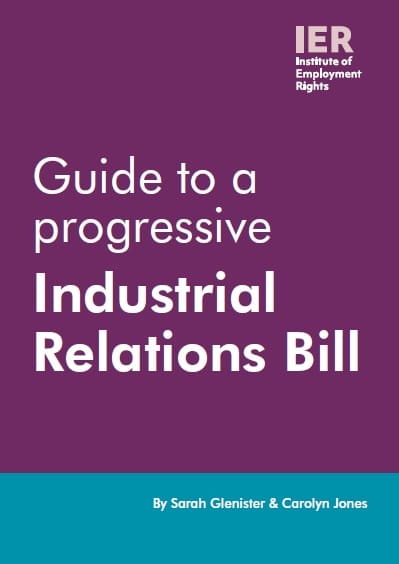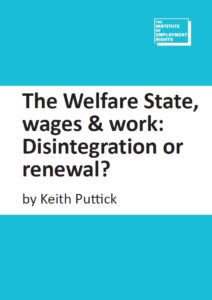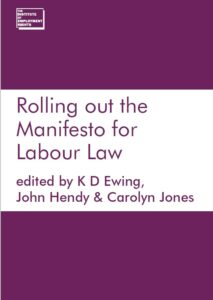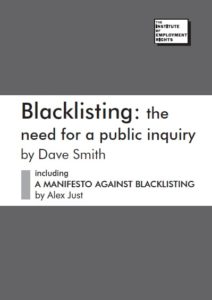Guide to a progressive Industrial Relations Bill
The bill is expected to draw on IER recommendations for the restoration of collective bargaining, stronger statutory rights and effective enforcement
£0.00
After adopting key recommendations from the IER’s Manifesto for Labour Law proposals for its 2017 Manifesto For the many, not the few, the Labour Party invited IER experts to consult on workers’ rights reforms.
Shadow Minister for Labour, Laura Pidcock, is leading a programme to establish a Ministry of Labour – a central recommendation of the Manifesto for Labour Law – as well as developing an Industrial Relations Bill (IRB) for the Ministry to introduce.
The IRB is expected to provide for stronger trade union rights, the restoration of collective bargaining, stronger statutory rights and more effective enforcement.
In our Guide to a progressive Industrial Relations Bill, we explain our recommendations for reform in a digestible and easy-to-read format, laying out our vision for an effective framework of labour law fit for the 21st century.
We believe this Bill will transform the world of work for millions of people, give workers a voice in parliament, in their jobs, and across the economy at large.
With new legally protected powers to speak out collectively against injustice, workers will be provided with a means to protect and improve their job security, pay and conditions.
Underlying this system will be the reinstatement of collective bargaining as the foundation of workplace relations, together with stronger employment rights and better protection against discrimination.![]()









